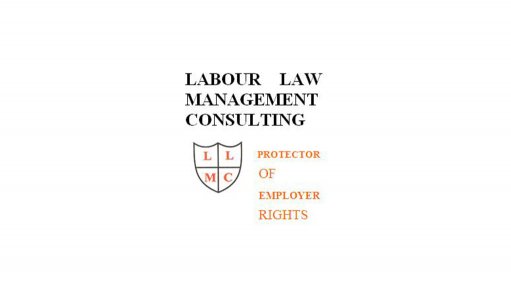
An employer’s own strong feeling about incompatibility is entirely insufficient. This is a key reason for employers to think twice before using incompatibility as the basis for a dismissal. In other words, incompatibility is largely a subjective concept whereas courts and arbitrators want facts and hard evidence rather than feelings.
One of the earliest employers to fall foul of the law of dismissal for incompatibility was St Mary’s Hospital (Wright vs St Mary’s Hospital, 1992, 13 ILJ 987). In that case the employee was dismissed for incompatibility after undermining authority, incitement and losing his temper. However, the Court held that dismissal for incompatibility would only be fair if the employee’s conduct resulted in an irretrievable breakdown in the relevant relationships. The employer is required to endeavour to seek ways of reversing the incompatibility. If the employee is believed to be the cause of the problem he/she has the right to be given a chance to resolve it.
As the Court was not satisfied that these principles had been met it ordered the employer to reinstate the employee.
In the case of Jardine vs Tongaat Hulett Sugar Limited (2002, 23 ILJ 547) the CCMA found that “…there must at least be some other evidence besides the opinion of the employer to establish incompatibility.” This is order to avoid a boss taking a dislike to an employee for going out with the boss’s daughter (or other irrelevant reason) and being able to fire him for incompatibility.
It is folly for employers to use some other pretext in order to get rid of employees with whom they are incompatible. In Nathan vs The Reclamation Group (Pty) Ltd (2002, 23 ILJ 588) a new Operations Director was dismissed. However, the CCMA found that the apparent poor performance of the dismissed director had been fabricated by the Operations Director and that the real reason for this dismissal was incompatibility between the two of them. The arbitrator therefore found the dismissal to have been unfair.
The above decisions teach employers that, should they believe incompatibility to be a problem in the organisation they need to:
- Investigate objectively and gather the facts.
- Avoid ignoring the incompatibility problem and fabricating some other pretext for dismissal
- Keep an open mind. If the investigation shows that incompatibility is not the problem or that it is not the fault of the employee being investigated the employer must deal with the true problem uncovered.
- Make a clear and genuine effort to reverse the incompatibility if there is any. This may even require the intervention of a relationship building expert.
Where dismissal becomes a real option first:
- gather true facts to prove that the incompatibility is the employee’s fault, prove that genuine and concerted efforts to rectify the problem have failed and prove that the incompatibility has irretrievably damaged the working relationship
- use the best labour law expertise available to make sure that the employer has followed all the necessary steps correctly and that dismissal is truly the right option.
To book for our CASE LAW UPDATES seminar in Johannesburg on 9 November please contact Ronni via ronni@labourlawadvice.co.za or 0845217492.
Written by Ivan Israelstam, Chief Executive of Labour Law Management Consulting. He may be contacted on (011) 888-7944 or 0828522973 or on e-mail address: ivan@labourlawadvice.co.za.